Introduction
We all know a healthy immune system is vital to your health, but where does it come from? The immune system is derived from your bone marrow which produces red blood cells (RBC) and white blood cells (WBC).
How RBC and WBC are formed is dependent on the environment they’re in — are you sick or are you healthy. If you have a virus, the immune system will amp up WBC production.
How we treat the immune system determines how healthy it will be — diet, sleep, stress all play a major role in achieving optimum immune function.
Boosting your immune system need not be rocket science. There are some key nutrients out there in both whole food and supplement forms that are readily available.
This article reviews 8 vitamins and minerals that may help support your immune system.
Immune support vitamins and minerals
Vitamin A
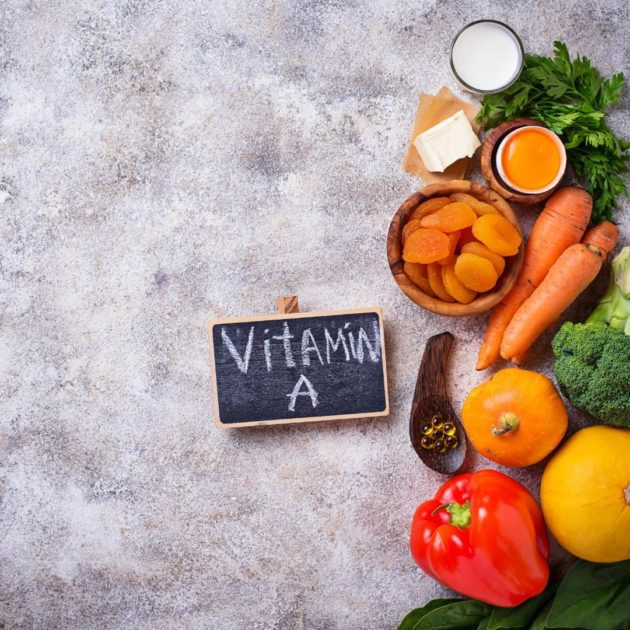
Vitamin A supplementation can be a double edged sword. Too much can actually depress immune function while too little may impair your immune system’s ability to fight off disease.
A recent study indicates that Vitamin A may have anti-inflammatory properties and promote the production of regulatory T cells to fight foreign invaders.
Those with a Vitamin A deficiency have been found to be at an increased risk of infections and delayed recovery if they do become ill.
Some good dietary sources of Vitamin A are:
- Liver
- Cod liver oil
- King mackeral
- Salmon
- Bluefin tuna
- Herring
- Butter
- Goat cheese
- Limeberger cheese
- Cheddar cheese
- Roquefort cheese
- Eggs
- Trout
- Caviar
- Sweet potate
- Spinach
- Carrots
- Cantaloupe
- Sweet peppers
If you choose to take a supplement, 1000 – 1500 IU per day should be ok for most people. The upper intake level for adults is 3000 mcg per day.
Bear in mind, that too much Vitamin A may be toxic as it’s fat soluble and can be stored in your body. Overconsumption through diet is rare; toxicity usually occurs from supplements or medications.
Signs of toxicity are: joint pain, dry skin, nausea, vomiting, and confusion. Vitamin A may interact with certain medications like birth control pills, blood thinners, acne medications, and cancer treatments.
B Vitamins
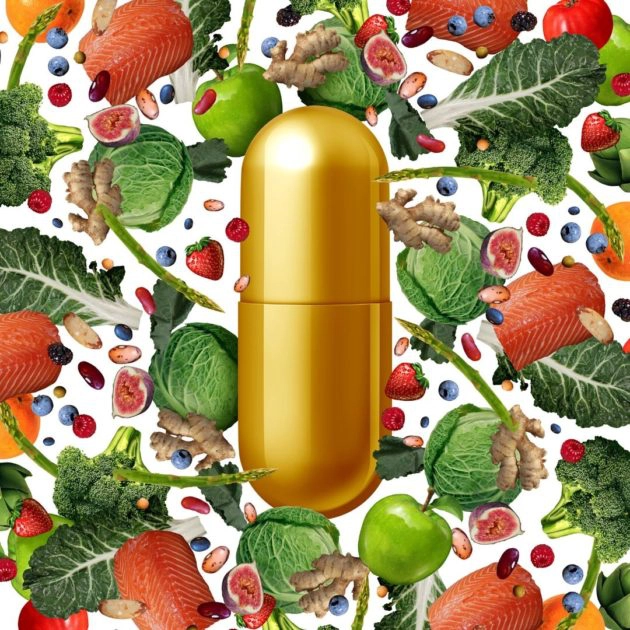
Vitamin B6 (pyridoxine) plays a key role in boosting immune function as it helps make antibodies to help ward off infections and viruses.
B6 dietary sources include chicken, tuna, salmon, green leafy vegetables, and chickpeas. If you prefer to supplement, the recommended dosage for B6 is 1.3 mg/day for adults under 50; for those over 50, 1.7 mg/day for males and 1.5 mg/day for females
Vitamin B12 (cobalamin) plays a crucial role in the production of white blood cells which are essential for proper immune system function.
Vitamin B12 deficiency may lower your ability to fight off infections and disease but early deficiency symptoms are hard to spot since your body can store it for 3-5 years.
Intial clues for deficiency may be weakness, fatigue, and brain fog; more advanced symptoms are tingling and numbness in your extremities, depression, paranoia and possibly hallucinations.
Good food sources of B12 are meat, liver, fish, oysters, and dairy products. The recommended RDI for Vitamin B12 is 2.4 mcg for adults under 50.
B12 is more common in adults over 50 as your body makes less stomach acid and intrinsic factor which affect absorption. However, higher doses may be needed in this age group.
Vitamin C
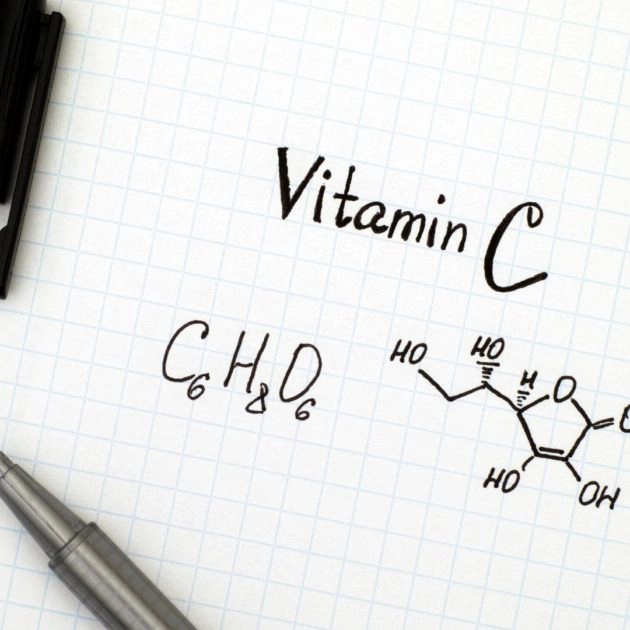
Vitamin C (ascorbic acid) is one of those essential nutrients for a healthy immune system. Since it’s a water soluble vitamin, your body can’t store it, so you need to obtain ascorbic acid from outside sources.
There is evidence that Vitamin C is most beneficial for cold prevention, but not as helpful after the fact.
Some foods loaded with Vitamin C include:
- Acerola Cherries
- Chili Peppers
- Guavas
- Sweet Yellow Peppers
- Blackcurrants
- Thyme
- Parsley
- Mustard Greens
- Kiwis
- Kale
- Strawberries
- Broccoli
- Cantaloupe
- Tomatoes
- Papaya
If you go the supplement route, the most recently updated RDA for Vitamin C is 90 mg / day. However, higher doses through IV may be more beneficial for virus prevention as is hard to get this dosage in the blood orally.
Vitamin D
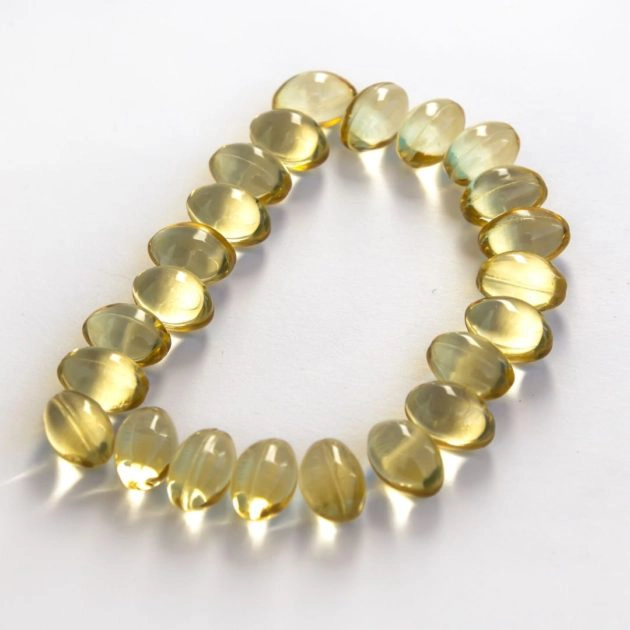
Also known as the sunshine vitamin, Vitamin D is a fat soluble vitamin stored in your body’s fat cells. Its anti-inflammatory and immune boosting properties make it a critical nutrient for immune support.
Studies have demonstrated Vitamin D’s ability to enhance macrophage and T-cell function to help protect you from viruses and other pathogens.
Low levels of this vitamin have been associated with increased risk of respiratory diseases such as asthma, tuberculosis, COPD, and other viral infections.
Sources of Vitamin D are:
- Cod Liver Oil
- Fatty Fish like Tuna, Salmon, and Sardines
- Beef Liver
- Fortified Cereals and Dairy
- Egg Yolk
It’s always a good idea to get a blood test to check if your Vitamin D levels are low, as you may require a much higher dose to reach optimal blood levels of this vitamin.
For most people supplementing with 1000-5000 IU of Vitamin D is sufiicent. Optimal levels range from 75-150 nil/L.
Vitamin E
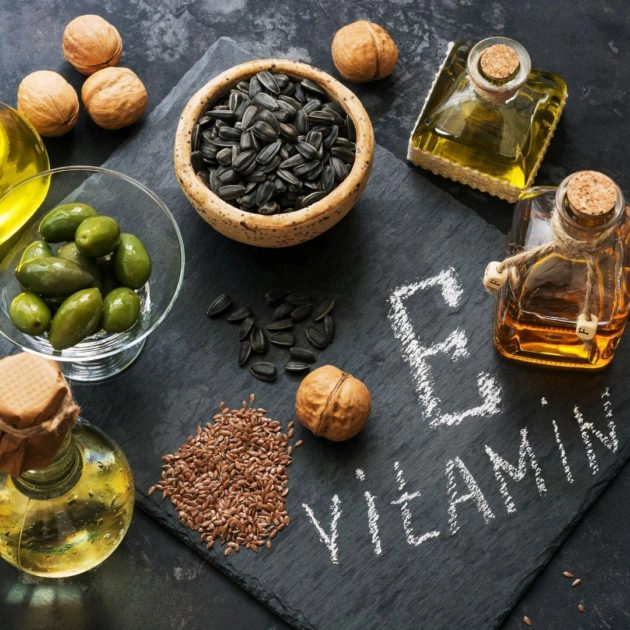
The fat soluble antioxidant, Vitamin E, may be a key ingredient to a healthy immune system. Studies have shown Vitamin E deficiency may result in an increased inability to fight infections; higher doses may equal overall immunity enhancement.
Foods high in Vitamin E include:
- Nuts — almonds, hazelnuts, pine nuts, Brazil nuts
- Oils – wheatgerm, almond, hazelnut, sunflower
- Sunflower seeds
- Salmon
- Rainbow trout
- Sweet red pepper
- Mango
- Raw turnip greens
- Kiwi
- Goose meat
The recommended upper limit for Vitamin E is 1000 mg / day due to the risk of excessive bleeding in doses greater than 1000 mg. Also. be cautious if you’re on blood thinners.
Zinc
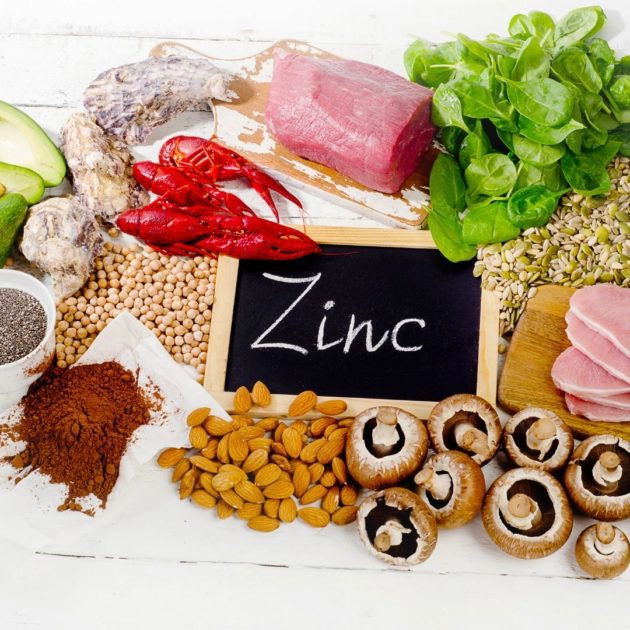
Zinc is essential for DNA synthesis and cell growth making it an important ingredient for proper immune function.
Zinc is especially important as you age as the immune system is more susceptible to weakening with age — adequate zinc may help slow this decline.
Zinc deficiency may lead to an increase in respiratory illnesses like the flu and pneumonia. Studies have found the elderly to be an increased risk of zinc deficiency due in part to inadequate zinc absorption and inadequate dietary intake as people age.
Dietary sources for zinc include:
- Red Meat
- Poultry
- Oysters
- Whole Grains
- Beans
- Nuts
- Fortified Cereals
The elderly, along with people on a vegan diet, may both benefit from zinc supplementation — those on a vegan diet may have increased needs due to reduced bioavailability of zinc from plant foods
The tolerate upper limit is 40 mg of elemental zinc per day. Always check with your doctor before taking more than recommended.
Taking too much zinc may actually impair immune function and may also cause nausea, fever, cough, changes in cholesterol, and mineral imbalances.
Selenium
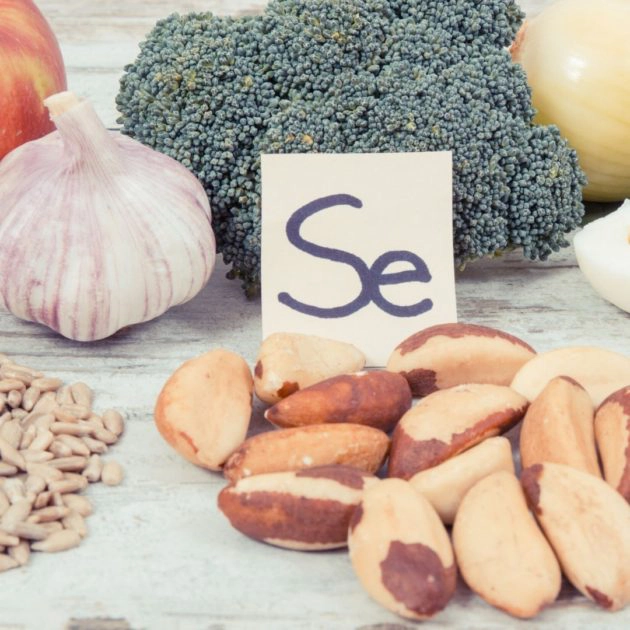
Selenium is a essential trace mineral found to boost the immune system in fighting cancer and viruses. It’s been shown to help reduce oxidative stress, which in turn reduces inflammation and improves immunity.
Studies have indicated a selenium deficiency may equal a decline in immune function.
The amount of selenium in plant based foods depends on the soil where they’re grown. This is why it’s so important to get your selenium from more than one food. Selenium is found in:
- Brazil Nuts
- Tuna
- Eggs
- Brown Rice
- Halibut
- Sardines
- Shiitake Mushrooms
- Sunflower Seeds
The tolerable daily upper limit of selenium for adults is 400 mcg. Signs of selenium toxicity include nausea, vomiting, dizziness, hair loss, tremors, flushing, sore muscles.
Glutathione
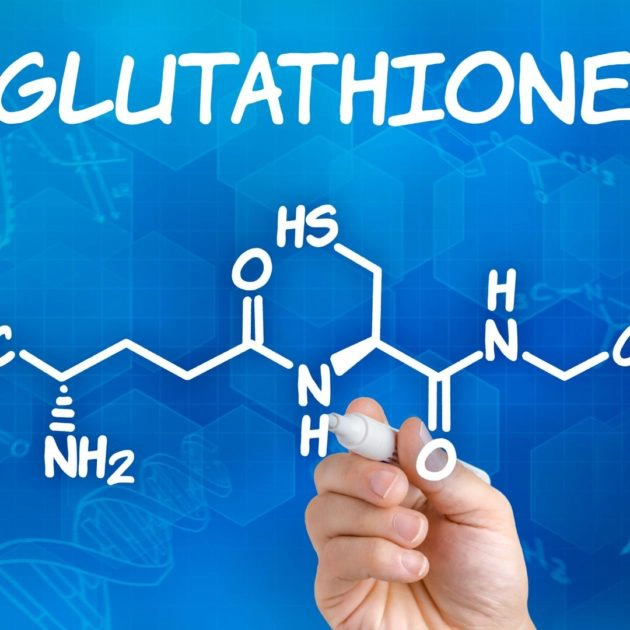
Glutathione is a powerful antioxidant made by the liver and found in every cell in your body. It’s made up of three amino acids — L-cysteine, glycine, and L-glutamate.
Glutathione is involved in many beneficial bodily pathways including DNA synthesis, regenerating Vitamins C and E, protecting against oxidative stress, aiding regular cell death (apoptosis), and supporting the immune system..
Sulfur-rich foods help promote the body’s glutathione production. The main sources are:
- Garlic
- Onions
- Cruciferous vegetables like broccoli, cauliflower, kale, cabbage, and collards
Supplementing with nutrients such as N-acetylcysteine (NAC) or bioactive whey protein may help increase glutathione production in the body.
Alpha Lipoic Acid, methylated forms of Vitamin B6 and folate, milk thistle, Vitamin C, Vitamin E, and selenium may help promote glutathione synthesis.
Some studies have found supplementing with 1000 mg NAC daily is effective for increasing glutathione production. Oral glutathione supplements are not generally absorbed well with the exception of liposomal glutathione.
Bioactive whey protein is a good source of cysteine and amino acids to aid glutathione production. Choose organic if possible.
Be sure and check with your doctor before taking supplements if you’re on any prescription medications.
Conclusion
Infectious disease is not usually caused by a single agent — viruses don’t work alone. We need to make good decisions about what we eat and put in our body — the immune system can’t do it for you!
There’s never been a better time to get your immune system in tip top shape. Paying attention to these key nutrients may make the difference between staying healthy and getting sick in these oh so scary and uncertain times. You owe it to yourself to make your health the best it can be!

